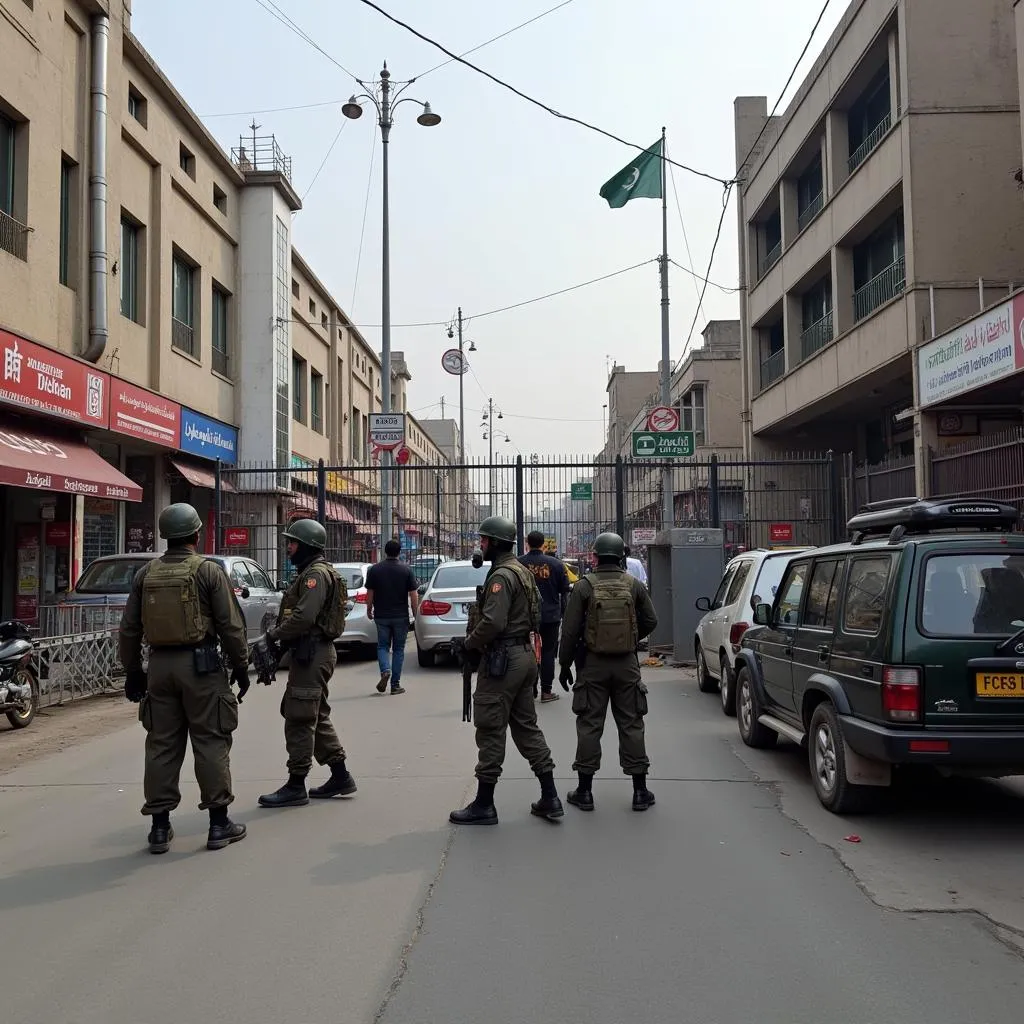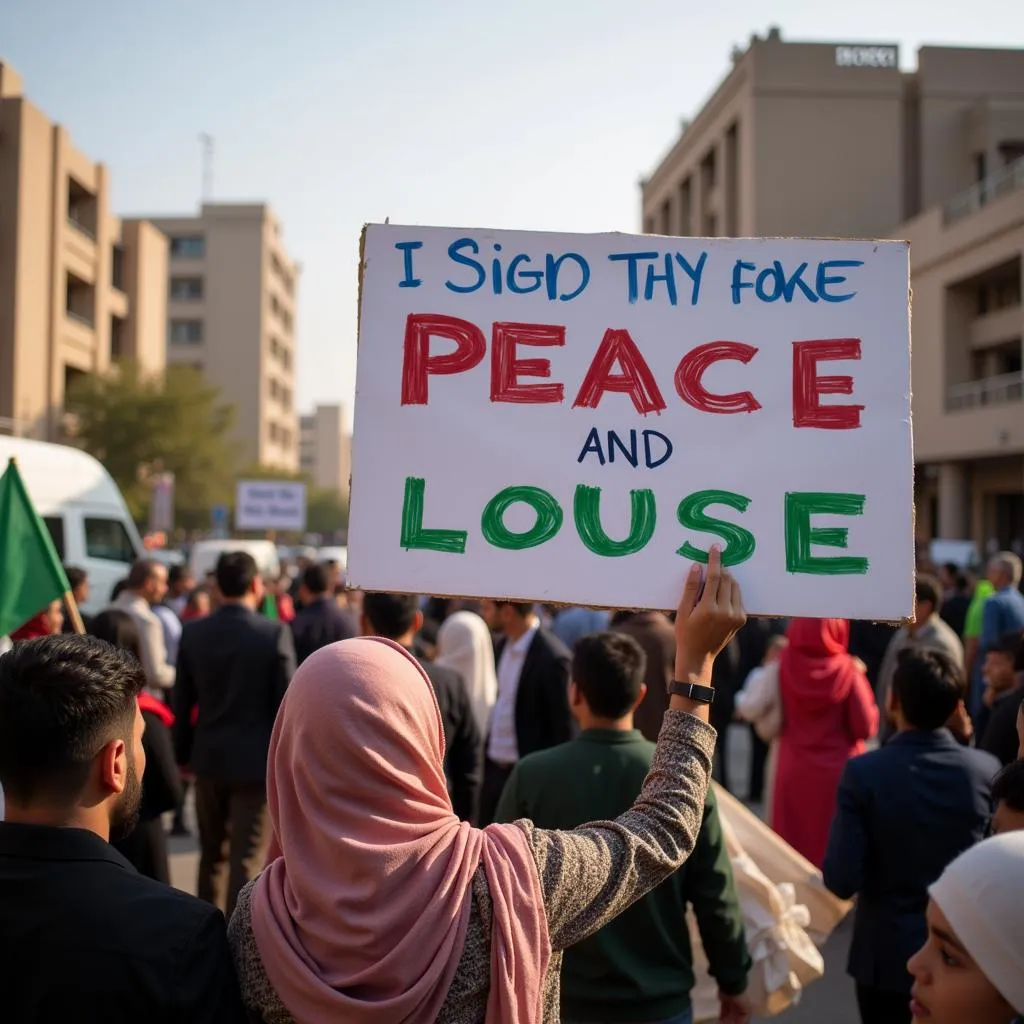The specter of terrorism has haunted Pakistan for decades, casting a long shadow over its social, economic, and political landscape. From devastating attacks to a climate of fear and instability, the Impact Of Terrorism On Pakistan is profound and multifaceted.
A Violent Legacy: Decades of Terror in Pakistan
Pakistan’s struggle with terrorism is not new. The roots of this conflict can be traced back to the late 20th century, intertwined with regional conflicts and the rise of extremist ideologies. The Soviet-Afghan War in the 1980s, in particular, played a significant role in shaping the trajectory of terrorism in Pakistan.
The war saw the influx of weapons and fighters into the region, creating fertile ground for extremist groups to flourish. The subsequent US-led invasion of Afghanistan in 2001 further destabilized the region, leading to a spillover of violence into Pakistan.
Economic Fallout: The Crushing Weight of Terrorism
The economic impact of terrorism on Pakistan has been nothing short of devastating. Years of violence have crippled key sectors, deterred foreign investment, and hindered economic growth. The tourism industry, once a burgeoning source of revenue, has been particularly hard hit. The World Bank estimates that terrorism has cost Pakistan billions of dollars in lost economic output.
Beyond the immediate damage, terrorism creates a climate of uncertainty that discourages investment and stifles entrepreneurship. Businesses are reluctant to invest in an environment perceived as unstable, while ordinary citizens are forced to grapple with the economic fallout of violence.
Social Unrest and the Erosion of Trust
The social fabric of Pakistani society has been deeply frayed by the scourge of terrorism. Attacks on public spaces, schools, and places of worship have sown fear and mistrust among communities. The constant threat of violence has led to increased security measures, which, while necessary, have also restricted personal freedoms and impacted daily life.
 Security Checkpoint in Pakistan
Security Checkpoint in Pakistan
Furthermore, terrorism has exacerbated existing social divisions and fueled intolerance. Extremist ideologies, often used to justify violence, have poisoned public discourse and created an atmosphere of fear and suspicion.
Pakistan’s Fightback: Countering Terrorism on Multiple Fronts
Pakistan has taken significant steps to combat terrorism, launching military operations against militant groups and strengthening its counterterrorism capabilities. The Pakistani military has conducted major offensives against terrorist strongholds in the tribal areas bordering Afghanistan, disrupting militant networks and reclaiming territory.
Beyond military action, Pakistan has also recognized the importance of addressing the root causes of terrorism. This includes tackling poverty, promoting education, and countering extremist ideologies.
A Long Road Ahead: The Future of Terrorism in Pakistan
While Pakistan has made considerable progress in its fight against terrorism, the threat remains real and ever-evolving. The complex geopolitical landscape, coupled with the adaptability of terrorist groups, poses ongoing challenges.
 Peace Rally in Pakistan
Peace Rally in Pakistan
Addressing the root causes of terrorism, fostering interfaith harmony, and promoting economic opportunity will be crucial in securing a peaceful and prosperous future for Pakistan.